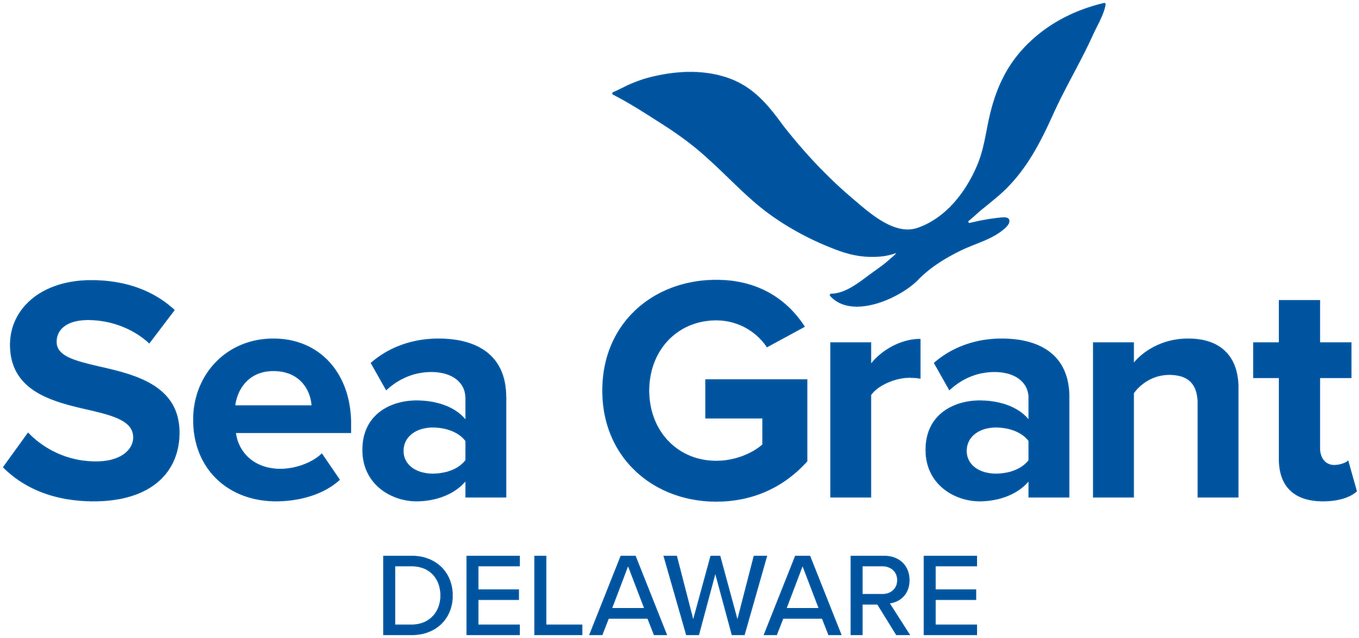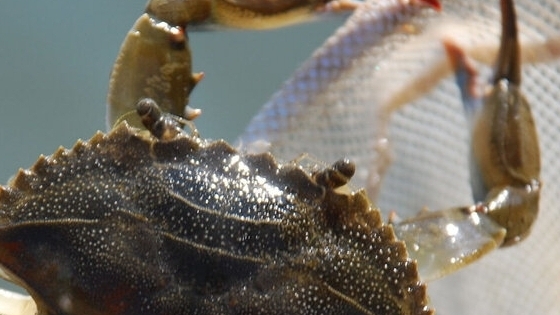
Addressing marine debris
Marine debris, consisting of plastics, derelict fishing gear and other wastes, significantly impacts Delaware's coastal ecosystems by harming wildlife and degrading water quality
It originates from various sources, including littering and improper waste disposal to the aftermath of storms, disproportionately affecting marginalized communities. Delaware Sea Grant is committed to addressing this issue through research, education, community outreach, and collaborative efforts, such as the Mid-Atlantic Marine Debris Workgroup or the Mid-Atlantic Marine Debris Action Plan.
Our projects

Delaware's Derelict Blue Crab Pot Removal Efforts
Delaware's derelict crab pot removal efforts aim to address the issue of abandoned crab pots, which pose significant hazards to marine life and navigation. These efforts involve locating and removing lost or discarded crab pots from coastal waters, thus reducing ghost fishing and improving habitat conditions. The program also includes partnerships with local fishermen, government agencies, community organizations and University of Delaware researchers to ensure the sustainability of crab fisheries and the health of marine ecosystems. Learn more about our program and how you can volunteer.

Marine Plastics
Research in Delaware's coastal areas reveals that plastics come from various sources, including urban runoff and recreational activities, and accumulate in significant amounts, impacting both the environment and local communities. Marine plastics pollution disproportionately affects low-income and minority communities, exacerbating existing environmental and health disparities.
Learning how washing your clothes impacts microplastics in the water with this Microfiber Fact Sheet
Understanding research that is occurring in the Delaware Bay regarding microplastics at Under the Scope.
Joining a clean up event to remove marine debris from the environment.
Investigating the Keep DE Litter Free state-wide initiative.
Litter and Community Engagement
Oftentimes, marine debris starts out as land-based litter. Litter is a growing problem that affects the cleanliness and health of our cities. It not only mars the beauty of our cities, but also clogs stormwater systems.
When litter blocks these systems, it prevents proper drainage, causing water to accumulate. This increases the risk of flooding in communities. Flood damage can be difficult to repair and is costly to individuals, local, state, and federal governments. Litter in cities is often exacerbated by factors like a lack of public trash cans, or heavy traffic from trucks that litter or illegally dump waste.
In unincorporated areas, residents must pay for trash pickup services but may not have the financial means to cover the cost. Such challenges highlight the urgent need for comprehensive waste management solutions and community involvement to keep our urban areas clean and safe. It often reflects deeper socioeconomic factors and environmental justice issues, as underserved neighborhoods tend to experience higher levels of litter and fewer resources for cleanup.
However, community-based efforts are making a difference. Local groups are actively working to reduce urban litter and promote environmental stewardship, especially in disadvantaged areas. Delaware Sea Grant partners with these organizations, supporting initiatives that empower communities to tackle urban litter and marine debris, creating cleaner, healthier environments for all.
DIY Activity Alert!
Raise awareness of marine debris issues with this DIY button template.





